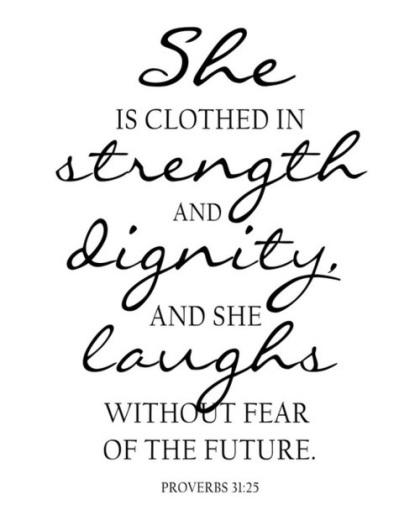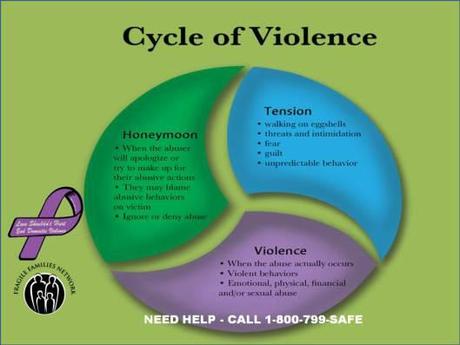In September of last year I wrote a post about meeting the mother of Carmen Tarleton in Thetford, Vermont. I relayed how while in line for a barbecue on a holiday weekend we began talking and she shared with me the story of her daughter. Her daughter was a victim of a vicious domestic violence attack. Her ex-husband assaulted her one night and after beating her senseless, sprayed industrial strength lye all over her body.
I wrote these words:
“I learned what living hell on earth was” said the mom, shaking her head.Her voice trailed off “But I also learned what Heaven was. Seeing her walk through the door when she came home from the hospital? That was Heaven.” I looked at her and had nothing to say. All I could think was how little I understand of the resilience of the human spirit – that spirit that reflects the image of God.
Into this unimaginable story of living through abuse, living through the healing and scars of burns that cover your entire body, living through the moment by moment nightmare that is survival, comes a will and a strength that can’t be stopped. Blind, disfigured in a way that makes people recoil, but facing this with courage and resilience. This is the wild grace and spirit of God. from In a Few Short Moments
*************************
On Valentine’s day this past year, Carmen Tarleton received a new face. She underwent a transplant surgery that was 15 hours long and is now one of the few people worldwide who have had face transplants. It was, and continues to be, an enormous risk — but Carmen was taking on this face for good reason. The residual effects of the attack included scars that caused much pain, inability to blink, and inability to express emotions because of the scar tissue. A face transplant is not only a physical procedure, but one that is deeply personal and psychological. For better or worse, our faces are uniquely ‘us’. We have had them since we were in the womb. To take on the face of another, even though in Carmen’s case this is a gift, is to think about the heart of where our identity lies.
I felt many emotions as I read the follow-up of Carmen’s ongoing journey. Emotions about strength, about love, about resilience. But perhaps the most significant is what I felt, indeed feel, about identity. Because Carmen has not ceased being who she is with a new face, she still has the same personality, the same wit, the same disposition. The core of her, the part that matters, is still unique to her.
And this is the part that her abuser couldn’t touch. He wanted to “steal, kill, and destroy” – but she lived. She defied what he wanted, what he tried to do.
October is Domestic Violence month. Unfortunately it has to vie with the pink of breast cancer to make the headlines, so it often ends up on the back page when it should scream from the front page of every journal, every paper, every magazine.
My heart hurts when I read the statistics on this issue. One in Three women, yes 1 out of 3, one-third, have experienced some form of domestic violence from someone they are intimate with. Behind every statistic is a real person, a real story. This is control and manipulation masquerading as ‘love’ – the worst kind of betrayal. The profound impact of these statistics shows in many ways beyond bruises or scars – headaches, difficulty sleeping, chronic pain, and emotional pain to name a few. But the biggest impact is on the sense of self — for abusers never honor the word ‘no’, the word ‘stop’, the words ‘you’re hurting me.’.
Domestic Violence crosses all class, religious, and cultural boundaries. Make no mistake, you could on any given Sunday be sitting in church next to a friend who is being abused. And this can be the hardest – because what good, believing woman wants to accuse her man of abuse? And so she cries soundlessly late into the night, praying for strength to confront her abuser or to leave the relationship.
Yet Carmen’s case shows that the abuser doesn’t have to win, doesn’t get to win.
The heart of where our identity lies is deep within our skin. Others may curse the outside, hurt it, betray it, but ultimately we don’t have to let them win. We may dress the outside, paint it, primp it, and dye it, but our identity is our core. You can paint mean all you want — it’s still mean. You can primp insecure – it’s still insecure. All of us have to face our true identity and it goes way beyond the surface.
Beyond Carmen’s new face lies a strength and a will that make her a true hero. She’s learned to live with stares in grocery stores, with disfigurement that to most of us feels unthinkable, with constant pain and daily therapy. But she no longer lives with an abuser, she not longer has the daily trauma of someone trying to rob her of self.
Face Transplants. Domestic violence. Abuse. All this would try to take away Imago Dei, would rob the victim of who she is created to be. But the strength of this image lives; lives in a true identity through strength,resilience, and love. It’s the wild grace of God.

Blogger’s Note: If you or someone you know is a victim of domestic violence, please know – there is help. There are safe spaces for you. The National Domestic Violence site can be found here: http://www.thehotline.org/. The national hotline number has advocates available 24/7 at 1-800-799-SAFE (7233) in over 170 languages. All calls are confidential and anonymous. Above all, please know – this is not YOUR fault. It never has been and it never will be. You walk in strength and dignity – your abuser wants to take all that and more away. Here are some warning signs that could indicate an unhealthy relationship:
- Telling you that you can never do anything right
- Showing jealousy of your friends and time spent away
- Keeping you or discouraging you from seeing friends or family members
- Embarrassing or shaming you with put-downs
- Controlling every penny spent in the household
- Taking your money or refusing to give you money for expenses
- Looking at you or acting in ways that scare you
- Controlling who you see, where you go, or what you do
- Preventing you from making your own decisions
- Destroying your property or threatening to hurt or kill your pets


